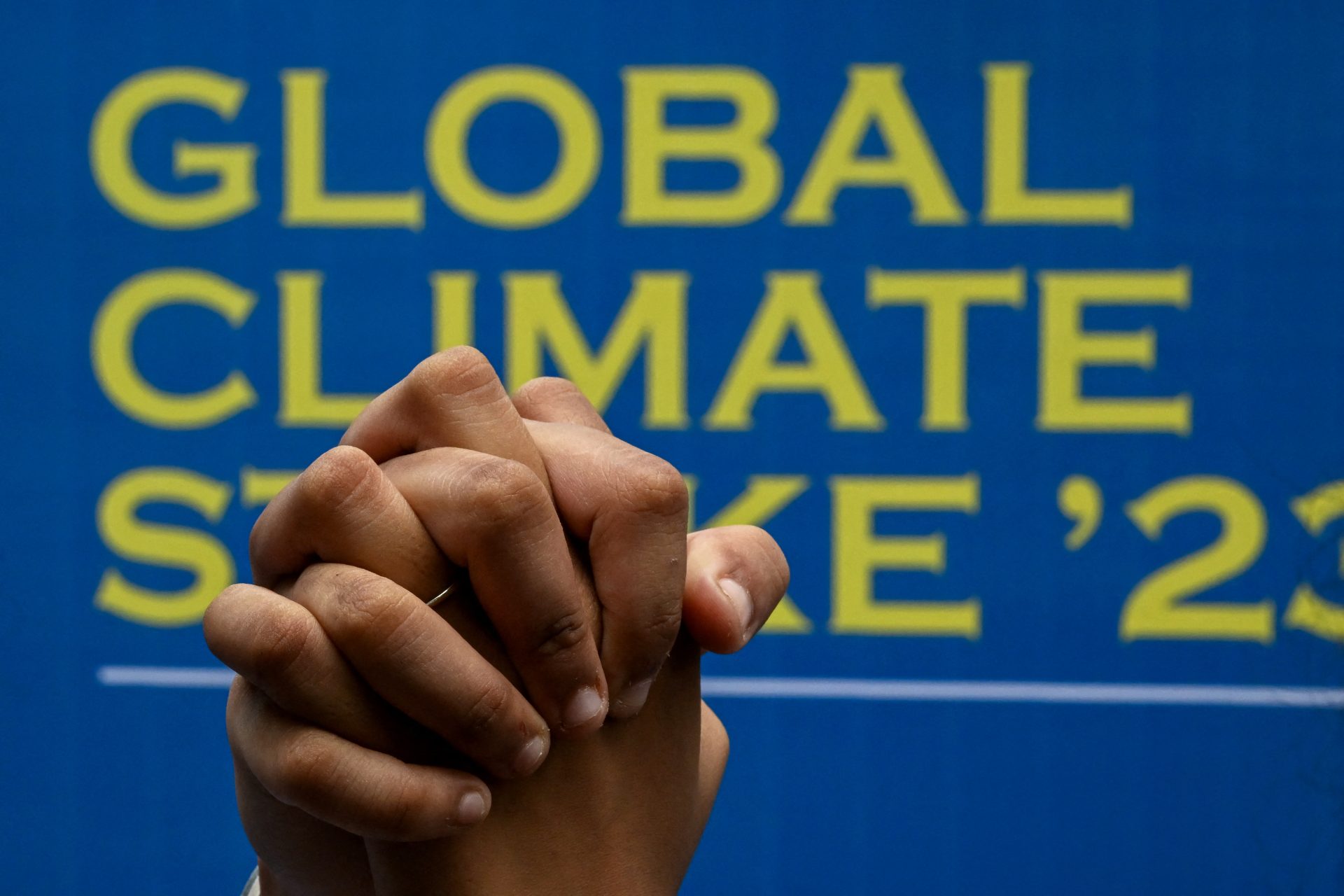Why do I sound like a prophet of doom and catastrophe when I write about the consequences of global warming?
It’s because the facts are alarming. The global mean surface air temperature was 1.54°C above the pre-industrial average from January to September this year, inching perilously close to the 1.5°C threshold. This “red line,” set by world leaders and scientists at the United Nations Conference of the Parties (COP) in Paris in 2015, was adopted by 196 countries as the limit to avoid catastrophic climate impacts.
Scientists now project that 2024 is on track to be the hottest year in recorded history, with dire consequences for all living beings.
This crisis is driven by human activity, specifically the unrelenting burning of fossil fuels—oil, gas, and coal—since the onset of the industrial era in 1840. These activities account for over 75% of global greenhouse gas (GHG) emissions and nearly 90% of all carbon dioxide (CO2) emissions, primarily from industrialized nations.
These greenhouse gases trap heat, forming a “blanket” around the Earth that prevents solar heat from escaping into space. As a result, we are literally roasting ourselves—and all other forms of life—into extinction.
In cities like Manila, Mumbai, and Lahore, millions are choking on polluted air. In 2019 alone, air pollution caused 66,230 deaths in the Philippines, including 1,310 children. Fossil fuel combustion is the primary culprit.
Despite this, there are millions of dedicated climate activists and environmental defenders working to protect forests and rivers in the Philippines. Many of them have been killed for their efforts. Their sacrifices demand justice—not only for their rights but also for the preservation of our planet.
Transitioning to Renewable Energy
To mitigate the climate crisis, power plants fueled by coal and gas must be replaced with renewable energy facilities, such as wind turbines, solar arrays, and geothermal plants. At last year’s COP28, nations signed a binding agreement to phase out fossil fuels.
However, the Philippines’ transition remains slow, hindered by corruption and bureaucratic inefficiencies. For instance, delays in permits for solar power transmission lines—such as Aboitiz’s solar plant in Zambales—illustrate how scams involving bribes for permits can hold up progress for years.
The phasing out of coal-fired power plants, which significantly contribute to GHG emissions, is another point of delay.
The Cost of Climate Injustice
The 2015 Paris Agreement acknowledged that industrialized nations, the largest contributors to GHG emissions, bear a responsibility to provide financial support to vulnerable, low-emitting countries. The promised $100 billion in climate finance annually has been inconsistently paid, and the amount is now widely considered insufficient as the crisis intensifies.
Discussions at COP29 in Baku, Azerbaijan, center on increasing this amount, with campaigners advocating for $500 billion to $1 trillion—or even $5 trillion—to offset climate-related loss and damage.
Such funding would enable developing nations to transition to renewable energy and strengthen their resilience to climate impacts. Yet, many wealthy countries remain reluctant to fulfill their obligations, citing financial constraints.
“Polluters Must Pay”
Rich nations, alongside powerful industrialized economies like China, the United States, Germany, India, Japan, South Korea, and Russia, are the top emitters of CO2. These countries must bear their fair share of climate responsibility. Activists in Baku are also pushing for a tax on megarich corporations, especially fossil fuel companies, to generate funds for climate compensation.
As climate advocate Debbie Hillier said in The Guardian, “Climate finance is not about charity or generosity but responsibility and justice. It is based firmly on the principle of common but differentiated responsibilities and respective capabilities—those who contributed most to the climate crisis must bear the brunt of the solution.”
The opposition to phasing out fossil fuels—driven by oil cartels, tycoons, and complicit politicians—threatens global efforts to combat climate change. Without decisive action to end this dependency, humanity faces an existential crisis.
Hope Amidst Adversity
World leaders must act decisively to end the reliance on fossil fuels and ensure fair compensation for those bearing the brunt of climate change. The hope lies in the collective efforts of non-governmental organizations, activists, and communities to demand accountability and drive transformative change.
If we fail, the planet’s destruction will not be by the hands of ordinary people, but by the greed of oil cartels and the inaction of governments.
Irish Father Shay Cullen, SSC, established the Preda Foundation in Olongapo City in 1974 to promote human rights and the rights of children, especially victims of sex abuse. The views expressed in this article are the opinions of the author and do not necessarily reflect the editorial stance of LiCAS.news







